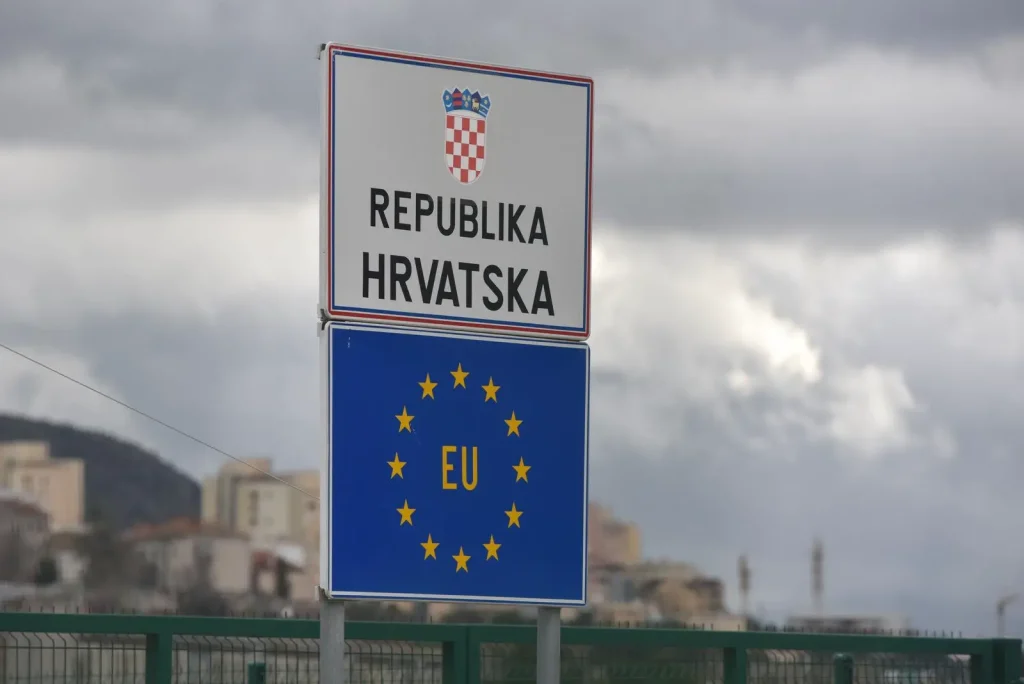Slovenia supports the expansion of the Schengen Area to Croatia, Romania, and Bulgaria but it will be difficult to achieve political agreement on that, Fajon said answering questions from the parliament’s foreign affairs committee.
She added that the reason for this was “mistrust” between members of the Schengen Area that emerged after the migration crisis of 2015 and 2016, which was why five Schengen Area member states, including Austria, were still conducting tighter controls on the border with neighboring countries that were not in the Schengen Area.
“Until such time that we reform the Schengen treaty, I think enlargement to the three new countries is jeopardized. I think that we first need to create powerful trust between the member states,” Fajon said.
In her introductory address, in which she presented the principles based on which she will conduct Slovenia’s foreign policy, Fajon said that she will advocate consistent respect for the border arbitration agreement with Croatia, as stated in the coalition agreement between the three parties that will form the new Slovenian government, headed by Robert Golob.
However, she added that she sincerely advocates the strategy of the best possible relations with Croatia, noting that Croatia’s entry into the Schengen Area and the OECD is in the mutual interest of Slovenia and Croatia.
“We have a lot more common interests than differences with Croatia, and all issues can be resolved if there is political will,” said Fajon.
Fajon said that Slovenia will advocate for EU enlargement to Western Balkan countries and for dialogue between Belgrade and Priština and that it will participate more actively in that process both at the European level and at the forums of regional initiatives.
She criticized the outgoing government led by Janez Janša in reference to foreign policy over the past two years, notably its “deficient” respect for independent institutions and the media, as well as its closeness to “the authoritarian regimes” in Hungary and Poland.
Fajon added that Slovenia would once again turn to the “core” EU countries with strong institutions and respect for the rule of law. In that context, she singled out Germany, but she also mentioned France and Italy.
For more, check out our politics section.











